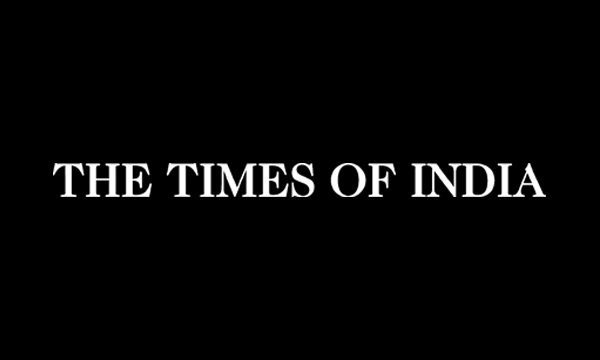WASHINGTON _ Love. Unity. "Courageous empathy."
For years, New Jersey Sen. Cory Booker has preached the politics of inclusion and optimism. Now, his newly announced presidential bid will test whether that message can connect with a Democratic base that is infuriated by Donald Trump's presidency _ and ready for a fight.
"Together, we will channel our common pain back into our common purpose," he said in a video released Friday morning. "Together, America, we will rise."
It's an approach that reminds some Democrats of the hope-and-change message of President Barack Obama, while others caution that airy promises of harmony alone won't satisfy an increasingly progressive base eager for substantive plans for change.
"Especially given the history of Barack Obama in this state, there is definitely a lane for hope, for inspiration," said Norm Sterzenbach, former executive director of the Iowa Democratic Party. "And it's a proven message that has worked with Iowa Democrats in the past."
However, former South Carolina state Rep. Bakari Sellers, who hasn't endorsed a Democratic presidential contender but praised Sen. Kamala Harris's 2020 efforts, warned that candidates will be on the hook for more specifics.
"You can leave the kumbaya, 'heal the world' wherever you are," Sellers said. "When you come down here, you've got to have some substance, a sense of our history, a sense of our shared struggle."
Booker, the former mayor of Newark, N.J., who was elected to the Senate in 2013, is running in a historically large and diverse primary field. If elected, he would be the country's second African-American president. In a sign of the diverse coalition he is seeking to build, his first three post-announcement interviews are scheduled to be with African-American and Latino-focused outlets.
While he has been overshadowed nationally in recent weeks as Democrats including Sens. Elizabeth Warren, Kirsten Gillibrand and Kamala Harris announced presidential plans, most Democratic strategists and officials consider Booker a top-tier contender who has spent months building relationships and laying organizational groundwork in the early voting states. Booker is expected to head to Iowa Feb. 8 and 9, to South Carolina on Feb. 10 and 11, and then to New Hampshire over President's Day weekend.
"I think the moment that he gets in, you're going to see activists, party folks coming out of the woodwork for him fairly quickly," said Brady Quirk-Garvan, the chair of the Charleston County Democrats in South Carolina.
"To me, he has the ability to inspire people, but also comes with the back up of substance," he added, pointing to Booker's recent work on successful criminal justice reform efforts.
Sterzenbach recalled Booker's appearance in Iowa last year, when the senator attended the state party's fall gala on the same day Brett Kavanaugh was confirmed to the Supreme Court over vehement Democratic opposition. Most politicians, he said, would have delivered an "angry, fiery" speech.
But Booker opted for a different approach, extolling the need for hope and optimism even in the face of grim circumstances.
"It was a much more difficult path. But I think the reward is higher, because that means more if you can inspire, versus anger," Sterzenbach said. "He made a huge splash."
In other corners of the Democratic Party, there is more skepticism of Booker. He's received substantial contributions from the pharmaceutical and financial services industries _ both of which have a big presence in New Jersey _ and he's publicly defended Wall Street in the face of Democratic attacks.
In 2012, Booker made national headlines when he suggested the Obama campaign's criticisms of private equity firms like Bain Capital were "nauseating to the American public," remarks he quickly walked back.
His team now says that the Booker campaign will not accept contributions from corporate PACs and federal lobbyists, and that Booker "opposes super PACs aiming to support his or anyone's candidacy for president," although there is already a super PAC launched on his behalf.
But many of the party's increasingly fierce and vocal populists are unlikely to soften their criticism of him, especially in a field of Democratic candidates that features rivals like Warren and, potentially, Sen. Bernie Sanders.
"People do care about the fact that the country is so divided and find a message of unity appealing, but I suspect economic messages will be stronger than that message," said Judy Reardon, a veteran New Hampshire Democratic strategist. "People are very concerned about the fact that the middle class and working class families have been struggling and falling behind while at the same time, the very wealthy are doing better and better."
Most Democrats, however, have an even bigger concern: finding a candidate who can defeat Trump.
"Everybody would love it if we could have a president who's great on these economic issues, who would also somehow unify the country," Reardon said. "But the primary thing is beating Trump. People are going to look at the candidates' messages through that prism."







